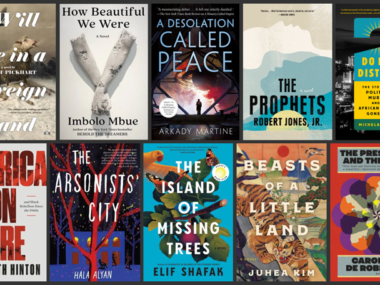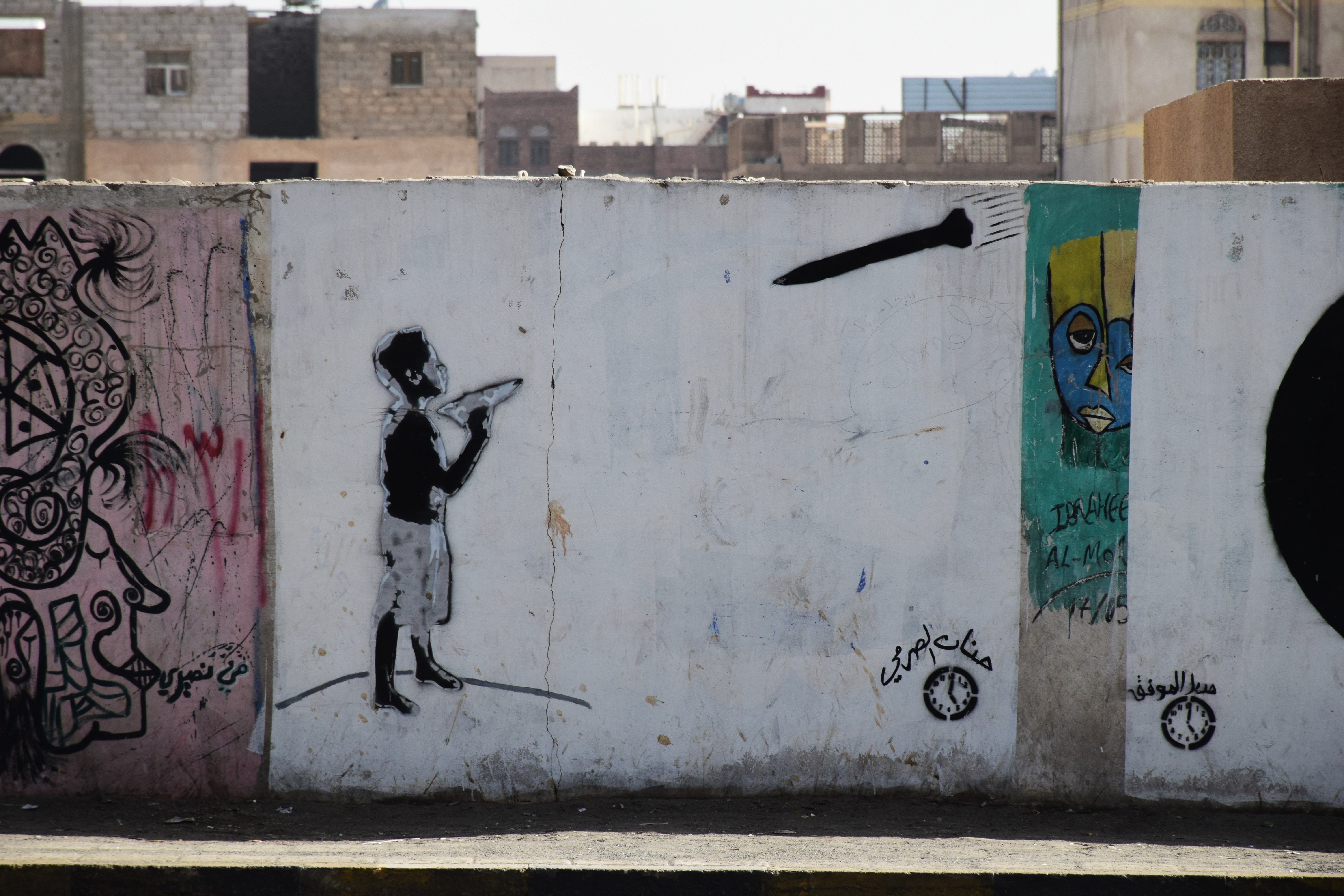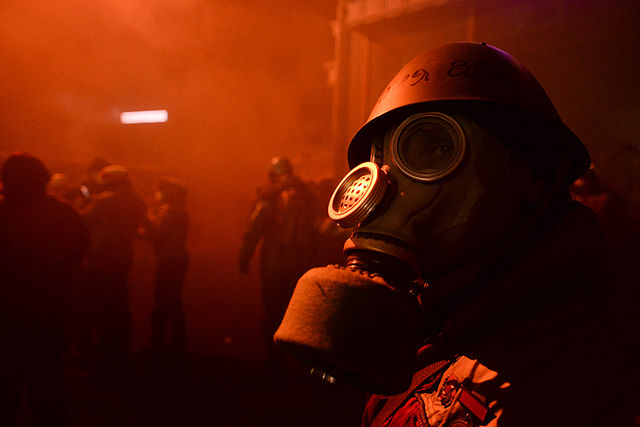By Erica Chenoweth for Denver Dialogues
![Suffragette Emmeline Pankhurst being arrested after protesting in London [1907-1914]. Via the National Archive of the Netherlands.](https://politicalviolenceataglance.files.wordpress.com/2015/05/pankhurst.jpg)
So, what skills does Finkel identify as being crucial elements of a resilient, enduring violent resistance? He points to five tasks that can “outfox” the government’s repressive agents:
- “establishing secure communications channels;
- procuring weapons without being detected by government agents;
- maintaining well-hidden meeting places and munitions cashes;
- producing high-quality forged identification documents; and
- being able to identify and neutralize informers and government agents trying to infiltrate the organization” (341).
These all make sense from an operational perspective. Intuitively, maintaining organizational viability would be a necessary (but insufficient) condition for sustained rebellion. The key insight, I think, is that Finkel views these skills as learned. People can teach, experience, develop, perfect, and sustain them.
If that’s true for violent resistance, maybe it’s true for nonviolent resistance as well. This begs the question: what operational skills are necessary for nonviolent movements to persist in the face of widespread state repression? One could imagine that at least two-and-a-half of Finkel’s tasks would apply for a movement to remain viable. Namely:
- establishing secure communications;
- maintaining secure meeting places (but without the munitions caches!);
- protecting against and reducing the influence of infiltrators, informants, and provocateurs.
In people-power campaigns, numbers matter a great deal. So as a decent substitute for the ability to procure weapons, one could also imagine adding:
- “procuring” participants.
Although these basic tasks may be necessary for resistance movements to survive, additional skills may be required to win. For a discussion of the skills required for nonviolent activists to succeed, see recent work by Peter Ackerman and Hardy Merriman.
Nevertheless, if we follow Finkel’s argument, the people in society who would be the best at organizing resistance would be those who had experienced routine (albeit nonlethal) repression in the past, had gone underground and/or expanded their skills sets, and could organize the society into sustained mobilization. Indeed, we see that in many nonviolent struggles, people who emerge as leaders are often those who’ve experienced detentions, beatings, arrests, or exile in the past (e.g. Mohandas Gandhi, Nelson Mandela, Martin Luther King, Jr., Emmeline Pankurst, Alice Paul, Aung San Suu Kyi, and many others). This is true for diffused leadership structures as well, where the primary movers are often victims of past government repression. I’m not sure how many of these figures developed the specific skill set Finkel identifies, but it is clear that selective repression against these figures served to further mobilize (rather than demobilize) their movements.
No one would suggest that implementing the five tasks is easy—either for violent or nonviolent resisters. However, if Finkel is right that these skills can be taught and learned, he is clearly assaulting the conventional wisdom that state violence renders people essentially helpless and choiceless. Instead, selective state violence designed to punish and limit dissident capacity may be the very thing that can build up dissidents’ tactical and operational skills and allow them to return and fight another day—even once government violence has become much more severe and widespread. In a sense, governments may be in a catch-22, since repression today could mean more skilled challengers tomorrow. Thus when it comes to using repression, states reap what they sow.








3 comments
Reblogged this on injusticeintheusa.
This is so true, but is it new?
Where else could activists acquire their resisters toolkit?
Taken that movements and activists won’t learn resistance skills in school, the most important training ground for them had always been the real struggle. Taking small risks enables them to take bigger risks later.
But the relation is not as simple. Repression does often backfire in the long run, but very often repression succeeds to destroy the political being, e.g. pressing activists into silence or alienating him from their power base.
…
hm, this needs a longer reply, maybe later.
He left out an important part of the kit for the violent resisters. See:
https://www.youtube.com/watch?v=l-L3zeCNzH8
I have a friend whose relative was seconded to the CIA in Anbar because he could speak Arabic. He went out to talk to people and, within a few days, the people he talked to, their families, and many of their friends would be killed outright by the Sunni militias. He quit after 3 weeks and our intelligence never got on horseback until the militias decided to turn on al Qaeda. Every now and then you have to get serious.